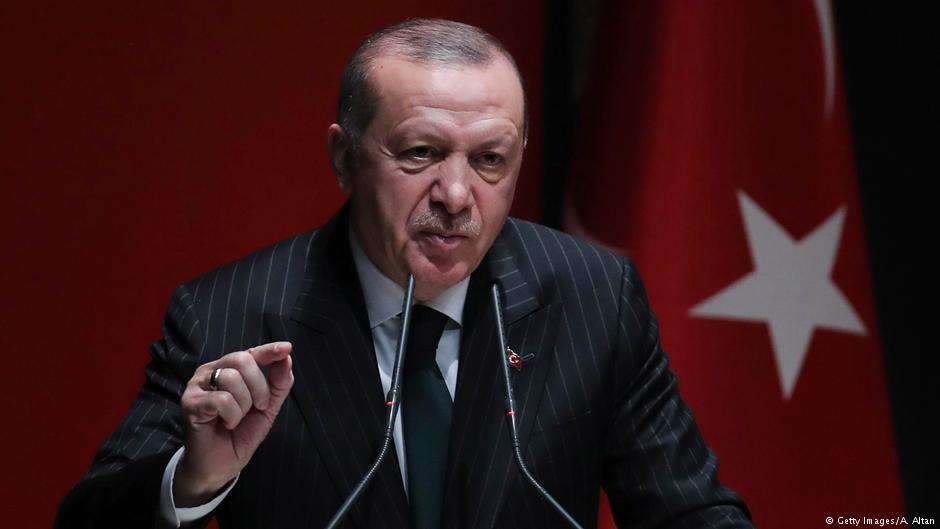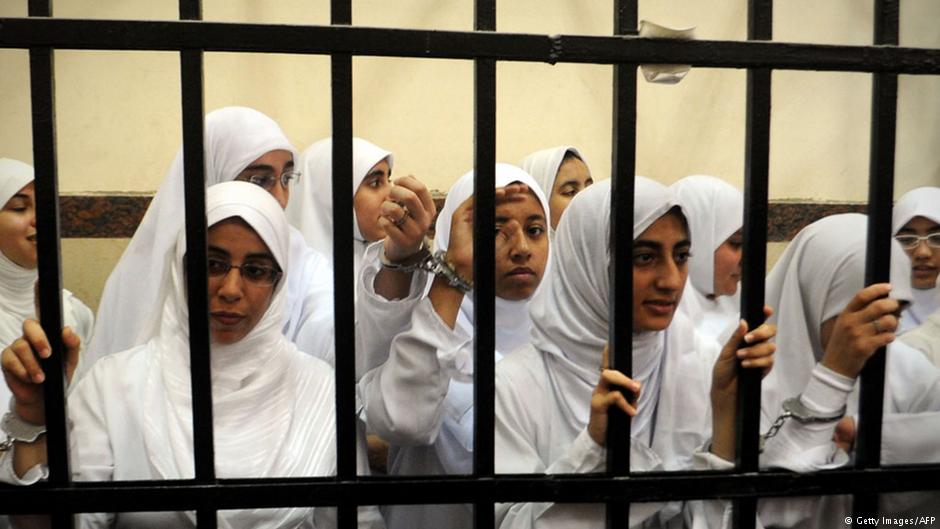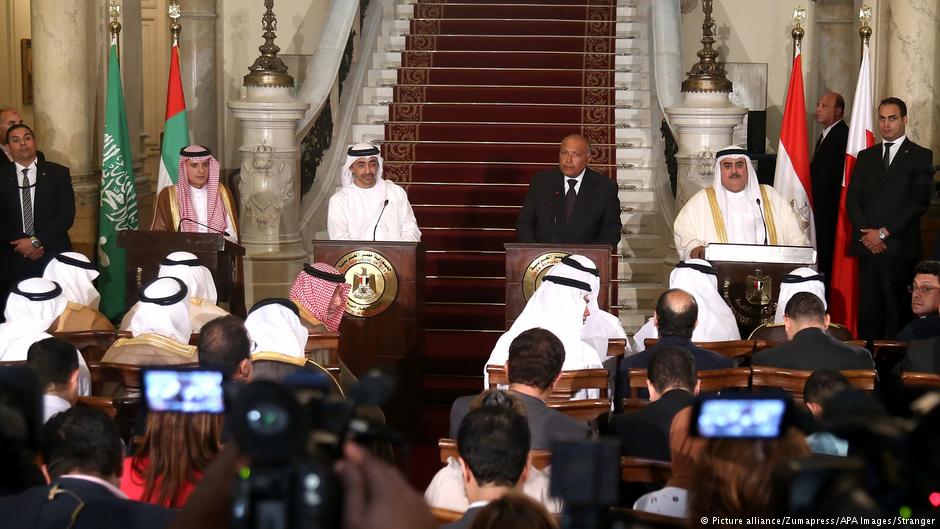Erdogan's geopolitical nightmare

Following the failure of EU accession talks and Erdogan’s realisation that the most Turkey could expect would be the unclear status of a satellite state, it turned to the East. The Turkish presidentʹs main foreign policy goals have been to establish friendly relations with all Muslim nations – particularly those in the Middle East – and bonding with the Sunni Arabs.
Indeed, relations improved considerably in the early 2000s under the rule of the Justice and Development Party – commonly known as the AKP. Professor Selcuk Colakoglu, director of the Ankara-based Turkish Centre for Asia Pacific Studies, agrees that the AKP’s foreign policy was utterly compatible with Turkey’s traditional pro-West foreign policy installed by Mustafa Kemal Ataturk.
By 2010 the AKP government was engaged in positive relations with almost all the major Muslim-dominated countries in the Middle East, including Saudi Arabia, Egypt, Iran, Syria, and Libya. The AKP even made positive amendments to Turkeyʹs Kemalist foreign policy tradition by attempting to foster relations with all its neighbours, including Greece, Armenia, and Syria. Ankara also made overtures towards global powers such as Russia and China, hopeful that soft power tactics would boost Turkey's status as a trading state.
Cold snap after the Arab spring

But the Turkish-Arab romance ended after the Arab Spring uprisings that led to the overthrow of governments in Tunisia, Egypt and Libya. Turkey’s leadership welcomed the revolutions as firm supporters of political Islam, while most of the Gulf states except Qatar, saw the uprisings as a highly destabilising factor.
Turkey’s Islamist governmentʹs close ties with the Muslim Brotherhood in Egypt, Tunisia, Yemen and Syria caused a rift to develop between Ankara and other Arabic countries, with the exception of Qatar. Professor Colakoglu notes that these ties were not surprising: almost all Muslim Brotherhood or other Islamist-affiliated political movements in the Arab world were aping Turkey’s AKP, in an attempt to gain power in their countries by democratic, peaceful means.
The rift between Turkey and the Arab states and specifically Saudi Arabia gradually deepened, prompted by the military coup in Egypt and the Qatar crisis. In October 2018, things finally came to a head following the murder of Saudi journalist Jamal Khashoggi in Istanbul.Rather than establishing still closer ties with Arab countries, Turkey has now become Saudi Arabia and the UAEʹs fiercest rival when it comes to regional dominance and the leadership of the Sunni world. Turkey’s expanding military influence is raising fears in Saudi Arabia, the UAE and Egypt, where memories of colonial rule under the Ottomans run deep.
Indeed Turkey’s inability to cement its influence throughout the Arab world points to the need to be on good terms with Saudi Arabia. Jordan, where Turkey has failed to sustain a limited free-trade agreement, is a case in point. To make matters worse, improved relations between Israel and the Gulf states are contributing to Turkey’s deepening fears of isolation.
It remains to be seen how Turkey will handle the recent crisis with the Saudis over the Khashoggi murder and how successfully it will balance multiple conflicting goals with Gulf Arab countries, which, despite their many political differences, remain the major investors in Turkey.
The Turkish Investment Promotion and Development Agency estimated that the value of Gulf investments in Turkey is $19 billion, accounting for 9.4% of all foreign investment. Saudi Arabia is a major market for Turkish companies, while over half a million Saudi tourists visit Turkey every year.

Erdogan needs to turn a new page
Turkey's failure to establish better relations with the Arab countries is seen by many as a strong blow to its soft-power agenda and neo-Ottoman dreams.
Preferring to remain anonymous, one academic source claims that Erdogan and Davutoglu have never pursued a neo-Ottoman agenda, their emphasis being pan-Islamist instead. He continues "this neo-Ottomanist discourse is very Western and purely uninformed. Erdogan is becoming increasingly ʹnationalistʹ; his foreign policy resembles Turkey’s foreign policy of the early and mid-1990s. The Islamist element was severely weakened, if not extinguished, in September/August 2015!"
Professor Colakoglu, on the other hand, adds that as long as the AKP government sustains its Muslim Brotherhood-oriented Islamist policy, any normalisation of relations with Cairo and Riyadh in particular is likely to remain a pipe dream. According to our anonymous source, "no Arab government except perhaps Qatar and secretly Oman wants to touch Erdogan’s Turkey with a barge pole, but I suspect the Muslim Sunni masses will continue to love him – especially Ihvan supporters."
Professor Colakoglu is also of the opinion that Islamist foreign policy is not a fully fledged strategy; compared with the Kemalist foreign policy, it lacks the necessary practice on the ground. Ever since the AKP switched ideologies – from Muslim democracy to political Islam – in 2011, introducing hard power tactics to replace its soft power policies, Turkey has been losing ground. These days, the AKP government is promoting a more pragmatic road map for its Middle East policy, consisting of a blend of Islamist and Kemalist emphases. Should Ankara follow Kemalist foreign policy guidelines, Turkey might stand a chance of normalising its relations with other actors in the region.
Moreover, since Turkey’s economic realities depend on the free market economy, its deep-rooted affiliation with Western institutions such as NATO, the EU, and the Council of Europe is likely to push Ankara to remain loyal to its pro-West axis in the long run. All indicators point to Erdogan returning to the fold sooner or later.
Stasa Salacanin
© Qantara.de 2019
